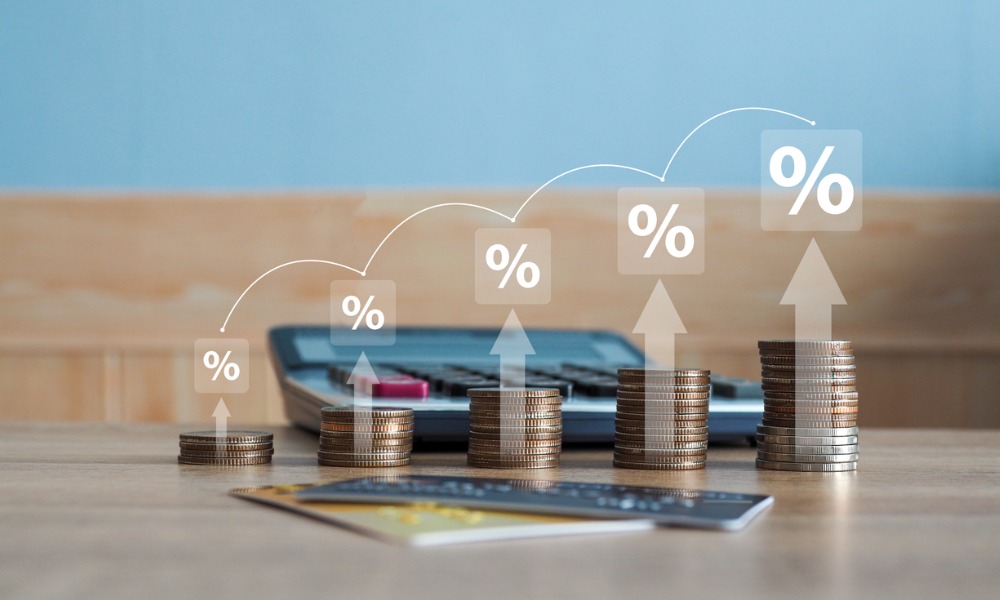The Trudeau government plans to increase the capital-gains tax rate, aiming to raise billions in revenue

Prime Minister Justin Trudeau’s government will call for a vote this week on a proposed increase in the capital-gains tax inclusion rate, aiming to generate billions in additional government revenue.
This measure has drawn significant opposition from Canada’s business community, as reported by Bloomberg.
Venture capitalists, startup founders, and junior mining companies will have to wait to see if their specific concerns about the policy are addressed. Government officials have indicated that the legislation to implement the tax change is not ready yet.
Finance Minister Chrystia Freeland announced that the main components of the capital gains changes will be unveiled in a motion published in Parliament on Monday. She stated that the motion will adhere to the “broad outlines” announced in April, with an implementation date of June 25.
“Tomorrow we will introduce changes that will result in a small number of Canadians paying a little more in tax,” Freeland said. The plan includes increasing the capital-gains tax on companies and individuals with gains exceeding $250,000.
Currently, half of those gains are subject to corporate or personal income tax; this will rise to two-thirds. Exemptions and reductions will be available for owners of certain small businesses, farms, and fishing operations.
Several related programs to the capital-gains change will require separate legislation. Details of these programs may be weeks away, according to officials who spoke anonymously.
This includes the Canadian Entrepreneur’s Incentive, announced in Freeland’s budget, which proposes a reduced inclusion rate of 33.3 percent on a maximum of $2m in eligible capital gains for company founders in certain cases.
Freeland has suggested she is open to adjusting the rules of that program, but these adjustments would appear in the draft bill.
Junior miners will also have to wait for the bill to see if there are changes to tax credits aimed at boosting the sector.
The mining industry has warned that the capital-gains hike significantly reduces the value of these credits, which are intended to help companies raise funds for exploring critical minerals like copper, nickel, and lithium.
With the House of Commons scheduled to go on summer break around June 21, the tax bill will likely be formally introduced in September.
Meanwhile, the finance department may publish draft legislation over the summer. Officials emphasized that all core aspects of the capital gains hike will be included in Monday’s motion.
The capital gains tax hike has faced widespread criticism from business groups, who argue it will hinder Canada’s ability to attract investment and worsen productivity issues.
Trudeau has said that the tax change is about asking the wealthy to contribute more to society. Conservative Leader Pierre Poilievre, Trudeau’s main opponent, has not yet disclosed his position on the measure.
Freeland’s budget estimates that the measure will raise almost $20bn in new tax revenue over five years, assuming some investors will rush to sell assets by June 24, the last day to realize gains at the current lower tax rate.



